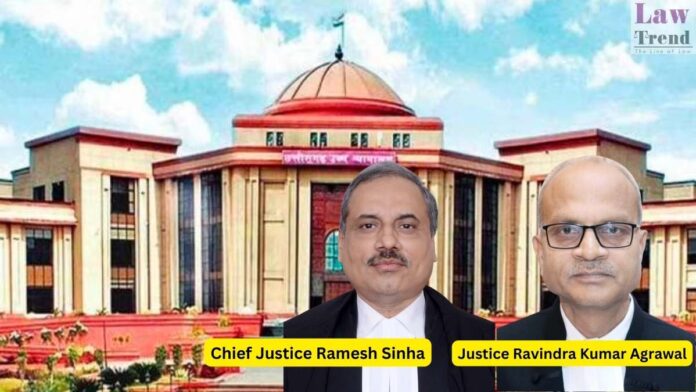In a significant judgment reaffirming the credibility of related eyewitnesses and the principle of vicarious liability under criminal law, the Chhattisgarh High Court has upheld the conviction of six men in the 2020 murder of Parvez Qureshi in Rajnandgaon, altering their conviction from Section 302 IPC to Section 302 read with Section 149 IPC. The
To Read More Please Subscribe to VIP Membership for Unlimited Access to All the Articles, Download Available Copies of Judgments/Order, Acess to Central/State Bare Acts, Advertisement Free Content, Access to More than 4000 Legal Drafts( Readymade Editable Formats of Suits, Petitions, Writs, Legal Notices, Divorce Petitions, 138 Notices, Bail Applications etc.) in Hindi and English.




